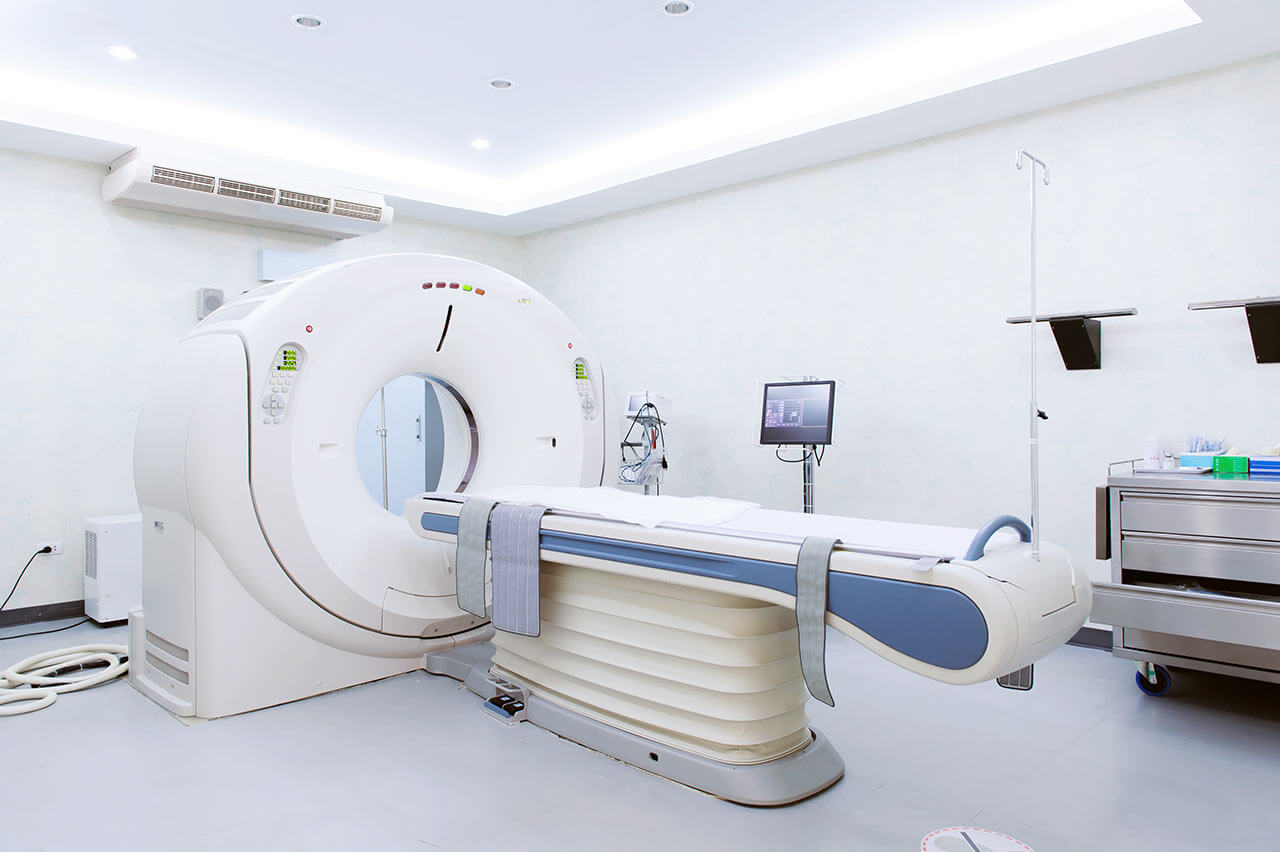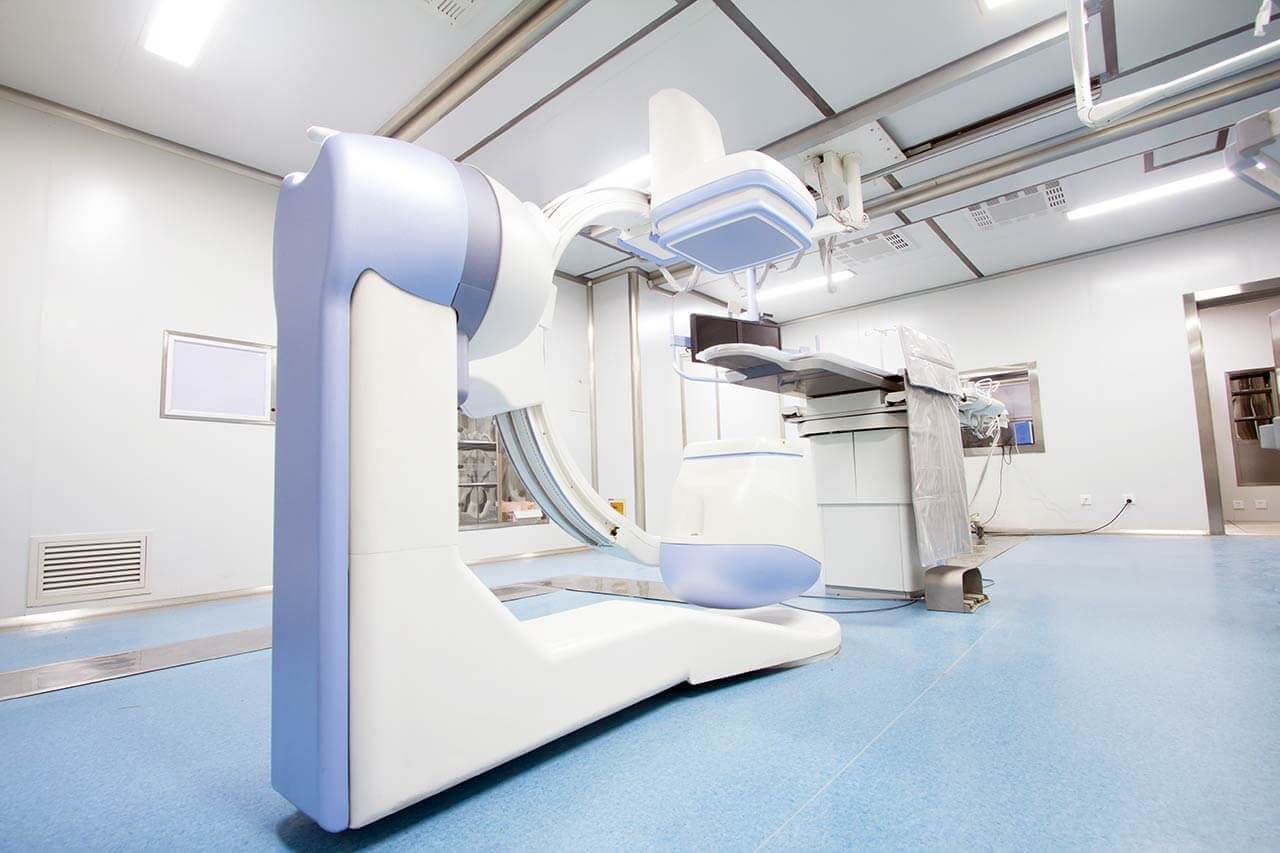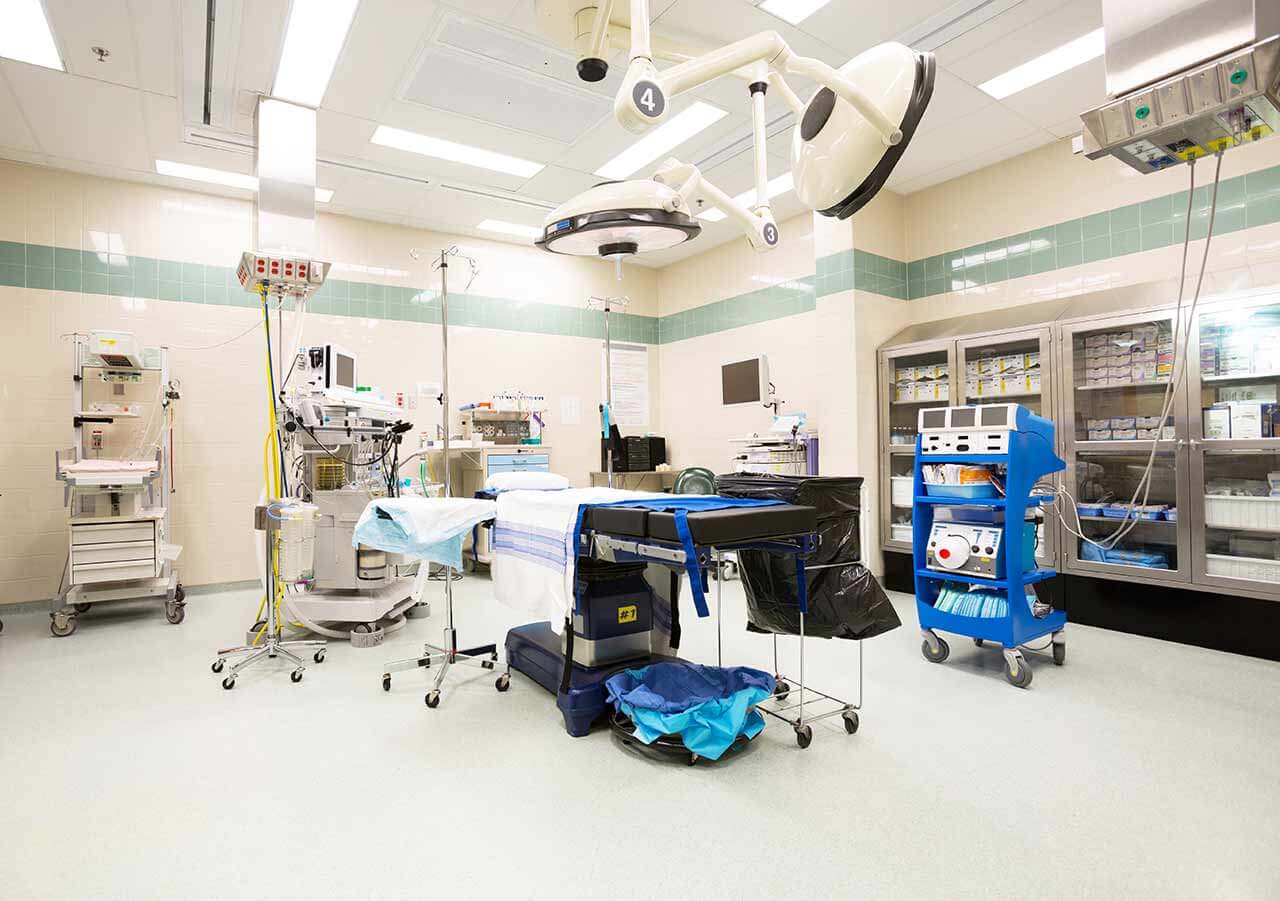
About the Proton Therapy Center BerlinProtonen at Charite University Hospital Berlin
The Proton Therapy Center BerlinProtonen at the Charite University Hospital Berlin offers modern treatment of benign and malignant eye tumors using proton therapy – one of the most precise radiation methods in modern medicine. The center began its work in 1998 and since then has firmly maintained a leading position among similar medical institutions in the global healthcare system. The center's specialists conduct proton therapy for the treatment of choroidal melanoma, iris melanoma, and ciliary body melanoma. They also offer a "second opinion" service, which allows patients with eye tumors receive expert consultation on the possibility of receiving proton therapy. The center's director is Prof. Dr. rer. nat. Andrea Denker.
The successful results of the center's clinical activities are known far beyond Germany, so many foreign patients regularly come here. The team of the Proton Therapy Center BerlinProtonen works closely with experts from the Helmholtz Berlin Materials and Energy Center, and their joint work brings excellent results. Physicians from the Department of Radiation Therapy at Charite Hospital and the Charite Comprehensive Cancer Treatment Center are also involved in the therapeutic process. The proton radiation regimen for each patient is individually developed by an experienced team of medical physicists, radiation therapists, and ophthalmologists. Today, innovative proton therapy allows controlling tumor growth and preserving the functionality of the affected eye in 96% of patients.
Before starting proton therapy, doctors perform comprehensive diagnostics, which provides a complete picture of the eye's condition and allows for the most accurate treatment planning. Since choroidal melanomas can form distant metastases, primarily in the liver, specialists conduct additional studies to detect them.
For targeted proton radiation, doctors need to determine the exact location of the tumor. For this purpose, four (in rare cases more) markers made of tantalum are placed on the surface of the orbit. This procedure is called clipping and lasts about 45 minutes; it is performed under general anesthesia. The markers, about 2.5 mm in diameter, remain in the eye after the completion of proton therapy; they do not cause discomfort and are clearly visible on X-ray or MRI.
During the computer planning of the procedure, doctors create a model of the patient's eye. For this, they use high-resolution CT data, which is performed after the clipping procedure. Additional ultrasound examinations may also be performed. In rare cases (for example, with large tumors), high-resolution MRI may be conducted.
An important advantage of proton radiation is the peculiarity of energy release in tissue (Bragg peak), which allows for the most accurate radiation of the tumor while preserving neighboring organs and tissues. The center is equipped with a device for emitting a beam of protons with an energy of 68 MeV, which can penetrate the body to a depth of about 30 mm. This energy is ideal for treating intraocular tumors. First of all, malignant melanomas of the uvea are irradiated: choroidal melanomas, ciliary body melanomas, and iris melanomas. In addition, with the help of proton therapy, other tumors such as conjunctival melanoma, hemangioma, and retinoblastoma can be treated.
Thanks to interdisciplinary cooperation, patients at the center also have access to alternative treatment methods for intraocular tumors. These include enucleation of the eyeball, brachytherapy (contact radiation), stereotactic radiation therapy, and treatment using the CyberKnife system. Brachytherapy is mainly used for small and medium-sized choroidal melanomas. If contact radiation is not possible, a decision is made to start proton therapy. Stereotactic radiation and CyberKnife treatment are recommended to patients in rare cases. Eye enucleation is considered as a last-line treatment when other therapeutic methods have been exhausted.
Proton therapy is a highly effective method of treating such eye tumors as:
- Choroidal melanoma
- Ciliary body melanoma
- Iris melanoma
- Conjunctival melanoma
- Eye hemangioma
- Retinoblastoma
- Other eye tumors
Photo of the doctor: (c) Charité – Universitätsmedizin Berlin






